Hector Penalosa is mostly known for being the bassist of The Zeros, but he has also played/plays in numerous bands including the Avengers, the Dragons, F-Word, Baja Bugs, MCM And The Monster, Zeros 77, and has appeared on a ton of albums including the Zeros catalog, Flying Color, and others including several solo albums. He’s always telling me stories whenever I see him, so I decided to have him over to record some of them for history’s sake. After all, he’s been playing since he was a kid and has 6 decades worth of musical experiences to share! We talked for over 3 and a half hours, covering most of his whole career (there’s a lot to cover here!) and we probably could have talked for another 3 hours. I’m splitting this interview into 6 parts, each one being released for the next few Tuesdays. Part 1 is here.
Part 2 covers the Elks riot, briefly splitting with the Zeros and living at Canterbury, and rejoining the Zeros a few months later.
Audio is in the youTube link below. Pictures and transcription are below it.
Ted: One of the shows up in LA, there was a riot, right? Elk’s Lodge?
Hector: Oh yeah, St Patrick’s Day. Yeah, I was there.

Ted: Tell me about that.
Hector: I think it was for the Masque. I think Brendan Mullen had put it together and it was at the Elks Lodge in downtown LA next to MacArthur Park. And there was a lot of bands playing. The Go-Gos were on the bill. I think X was on the bill. We were on the bill. Who else? The Plugz. Possibly the Alley Cats. It was like almost like a whole day thing. You know, there’d be like a lot of bands. We got there. I remember my parents… I went to it because we… I flew down to San Diego. I was in San Francisco at the time. I flew down to San Diego with my girlfriend at the time, Holly. And then my parents and Holly and I drove up to LA because they wanted to go to the show. And we drove up to the thing. And then we’re hanging out. And I think we were either the second or third band on the bill. And after us, I think it was going to be the Go-Gos before they were really like popular. And so we played and then Holly and I were like, “Let’s go walk around, whatever, you know…”
So we left. We got out of the building and we were walking along MacArthur Park and we found this bar and it was St. Patrick’s Day, right? There’s people in there drinking and I remember…so funny… There were all these Japanese businessmen with this giant button that said, “Kiss me, I’m Irish!” (laughs) I think that was the funniest thing. It was just too hilarious. And so we were in there for a while and we were like, okay, let’s head back. And we were walking back to the Elk’s Lodge and here it’s like (motions with his hands, fingers walking) in formation… these cops walking.
Boom, boom, boom, boom. Like just blocking the whole street and I’m like, oh, shit, what’s going on? Did they find the Night Stalker or somebody? Because he was around at the time, you know. And then we happened to just sort of walk into the park and around that bunch of cops and then we started trying to get close to the entryway and we saw all this mayhem. I said to Holly, “You know what? We better just sort of maybe lay low over here somewhere and stay away from this.” And then finally everything… they dissipated. Other cops went away and everything and some people were hurt.
And then the people that were in the auditorium where the concert took place, they stayed in there, you know, my parents were in there. And then finally the coast was clear. We went in there, got my parents and then we went and stayed in a hotel. And it was like maybe two or three days later and then the newspaper came out, you know. And it was like, “Punks riot at Elk’s Lodge”, which was not the case. Apparently later on it got discovered that the mayor of LA didn’t want the punk scene to really grow any bigger, you know, they were trying to suppress it somehow.
And that’s why all that happened. I know the guys from Middle Class, I think it was the singer and his brother, they got beat up by the cops.
Ted: Yeah, probably a lot of people did.
Hector: Yeah, a lot of people did, man. It was crazy. But yeah, that’s what I remember. But I mostly remember the Japanese guys claiming that they were Irish. (laughter) It gives me a mind-wreck. That’s the funniest thing I’ve ever seen. And they were having a good ol time in there.

Ted: So you left The Zeros for a little bit in the ‘70s for like a year or something?
Hector: Yeah, spring of 78. Yeah, we had been playing pretty steadily for a year almost. And one thing I started to do from the very beginning was I was logging. I had a logbook where I put, OK, The Zeros played at this place on this day with this band. We got paid that much. Religiously doing that. Well, you know, I don’t know. I just I got the time on my hands. And I just want to keep track. And so, you know, we did have a rehearsal space that we paid for. And there were expenses like gasoline to get to LA or whatever. Because by a certain time, Javier was driving us to LA. But in the beginning, it was Baba’s dad who would drive us to LA.
Ted: I was going to ask you, who drove you to all the gigs?
Hector: Yeah, it was Baba’s dad. And he had a Ford LTD wagon with the wood paneling on the sides. And we crammed in there with all the equipment and he’d drive us up to LA. Now, Baba’s (father), Mr. Frank Chanel, he passed away a few years ago, but he used to be a National City policeman. Then he became a homicide detective. But he was very supportive of the band, like you wouldn’t believe. We owe that man a lot. And he would drive us up there and remember, Baba would tell him, “Dad, it’s not cool for parents to hang out, man. Can you pick us up later?” And he’d leave, go, “OK, I’ll be back.” You know, and yeah, it was so funny. And he’d always come back and get us and go back to San Diego. But what happened was then then Javier was at an age where he finally got his license and he could drive. So then he would be the guy driving and we’d go up there and play. Well, I’m sorry… I totally got sidetracked…
Ted: That’s OK. I was asking about you quitting for about a year.
Hector: Oh, yeah. So getting back to the logbook, I had all this information. And I remember I was like, well, we’re not really splitting the money… It’s been being held by Javier. I understand the rental of the space and I understand the gas. But there definitely was surplus money. And I mean, we weren’t just going to school. We didn’t have jobs. So, you know, I wanted to get maybe a set of new bass strings, some sneakers or something. So I would call him and say, “hey, man, can I get 20 bucks? I want to get some bass strings or whatever.” And he was always like, “well, I really don’t have the money right now.” Or he always never wanted to just let it go. And it got to the point where I just felt like… I don’t know. I mean, I’m doing all this. And yeah, I’m a team member. Yeah, team, but still, you know, we got to do stuff here for everybody individually. And then one time we were coming back from LA like a two in the morning after playing probably the Whisky or somewhere. We stopped at a Denny’s in Oceanside and Robert got up from the table. He goes to the bathroom. And while he’s in the bathroom, Javier starts asking me and Baba, what do you think about Robert when he’s moving all over the stage and jumping with the guitar when we play? I said, “I think it’s great. You know, I mean, he’s just having a good time.” You know, and for some reason that bothered Javier that it was really like stealing the spotlight.
And that’s the first time I ever caught that behavior from him. But yeah, so it got to the point where I just felt like I’m not going to keep doing this for nothing. So I’m going to go away. I don’t want to play in the band. And the other thing that was very attractive to me around that time was that we had already been in LA for about a year playing a lot. We made tons of friends with the punks and everything. So it was very appealing to me to go be part of that. You know, it was like Disneyland. Punk Disneyland. I could go over there and really have fun because there was nothing going on in San Diego.
So I said, I’m going to move to LA. And I mean, I was 17, man. You know, I had no money. You know, how am I going to do this? And then one of the last trips that we did as a four piece with me on the bass, Posh Boy from Posh Boy Records approached me and said, hey, you know, I got this band that I’m putting together. It’s called F-Word and we need a bass player. So the light went on in my head. I said oh, I’ll work out a deal with this guy. I’ll tell him that I’ll play bass in F-Word if you really could relocate me to San Diego. I said, “I’ll tell you what, I’ll play bass for your band if you come down to San Diego and get me up to LA.” And he said, “yeah”. So he drove down and in a Pinto station wagon and we threw in, you know, whatever little stuff I had. A bass amp and bass guitar and some clothes, and moved up to LA. He moved me up to LA and then I became the bass player in F-word for a while. And we used to like practice in East all the way on heading out towards like Glendale somewhere. Rik L Rik lived out there somewhere on the east side of town. And so we practiced or maybe did a few gigs and then I quit. I wasn’t really like getting into the music too much at that point. You know, and so that’s how I moved to LA. And then I lived in the Canterbury, which is with…
Ted: the Go-Gos…

Hector: When I moved in there, I was squatting in a studio that was sealed from the hallway. But my friend Rod Sarger, and he was renting an apartment there and his kitchen had a door that opened up to that sealed studio. You know, you couldn’t get into it through the hallway, but you could get into it through his apartment because we jammed open that door. So I would go through his apartment to get to my place. Did that for like a couple of months. And then the landlord found out. He was a supposed pastor, but I think that was just… And he says, “Oh, I know you’re sleeping in that empty room for free in that empty studio, but I’ll make you a deal. If you help me refresh the empty apartments and studios and paint and stuff and clean, you can stay there for free.” And I said, wow, well, that’s a pretty good deal. I’ll do that for a while. So it worked out pretty good. But, but yeah, when I moved in there, Nickey Beat and Alice Bag were in a relationship. Nickey Beat, the drummer for the Weirdos and Alice lived together up on the sixth floor. And Belinda Carlisle and Lorna Doom, the bass player for the Germs were roommates. They rented a room there as an apartment. Who else was living there? Michael Sinatra and Chase were roommates. I had a big crush on Chase. She was a beautiful tall blonde girl. But Michael was this little Italian looking guy. And apparently it turned out he was gay and he had a big crush on me. Okay, well, I don’t go down that road, but you know, we can be friends. You know, we stay friends and it’s cool. But, but yeah, the Canterbury was amazing in that sense. But at the same time, they were, I think, a lot of ocean refugees living there. There were bikers living there. So it was like a mishmash of societies rejects. And things, you know, and it was kind of crazy. But that’s why punks live there too, I guess. Okay, so Geza-X lived down on the first floor. And so we run into all these… The Masque was a block away on the same street on Cherokee. And then you cross Hollywood Boulevard going south and then half a block and there’s The Masque to the right. So we just walked to the gates.
Ted: So any stories about Belinda from the Go-Gos or anything like that that you can tell?
Hector: Well, there’s one, but it’s private. OK. I do remember one night we were all hanging out in somebody’s apartment and then we found out that there was this party out near the Chateau Marmont in somebody’s apartment out there in that area, right? And we’re like, okay, let’s go crash it. So, you know, like two cars full of people, punks, we all climbed in these two cars and drove up there. I think either, I think it was John Doe who told us about that party because get got invited, him and Exene. So we were like, okay, we’re going to go crash it. And then we get in there and Saturday Night Live was on TV. That was like the big show at the time. Everybody’s always excited about turning it on, and so all these people are hanging around on the floor and the sofa, drinking, watching this TV and we just walk in, you know, make ourselves at home and go straight to the fridge and stuff, pulling out beers and stuff in there. And John Doe was there with Exene hanging out at the balcony and we talked to him for a little bit. And then the owner realized, oh, I don’t think I know these people. You know, so he comes over and goes, oh, who are you friends with? You know, about that. We’re like, oh, well, you know, Johnny told us to come, you know, whatever made up some name. And then we just like, okay, grab a beer and get the fuck out of here. Grabbed a beer from the fridge and left. And then we ended up in some art gallery and they were having these, it was like African like folk art, you know, with spears and shields and masks with feathers and things. I remember by then we were really buzzed and I started grabbing a spear and this guy came over, curator guy, freaked out. “Don’t touch that! Put that back!” And, you know, that I was hanging out with Belinda and Lorna during that time right there that night. And then we ended up going to the Tropicana and our friend Craig Lee who used to be the guitar player in The Bags, it was his birthday and I guess he rented a room at the Tropicana and they were having a party there. So we went to crash that too. And I remember we made a mess out of the cake. It was a chocolate cake, but it’s not gonna last too long once we got there. We were just out of control that night. It was really fun. I remember that.
Ted: So I was wondering if, did you ever meet John Belushi? He was in the punk scene with the Dead Boys.
Hector: Yeah, right. Yeah. No, I never did meet John Belushi. I met Joey Ramone at the Whisky.
Ted: Oh, wow. Yeah. Tell me about that.
Hector: Well, we were in Hollywood again like a day early. I think we were playing a Saturday night, but we would always go up there like on a Friday and hang out. And we stayed at Tropicana and we’re on the third floor. You could look from the hotel window like there was a courtyard and down there’s a pool in the center of the courtyard. And Robert and I were like hanging out in the hotel room and Baba and Javier too. But then Robert walks up and looks over the railing. He goes, “oh, the Ramones are hanging out by the pool, man.” And I’m all like, what the fuck? And yeah, I’m looking over there and they had little Speedos and their T-shirts hanging out by the pool. And he’s like, “let’s go talk to them.” And I’m like, no, I don’t want to bother them. You know, I don’t want to bother them. And eventually we just kind of like let it go. So OK. And then we head out to the Whisky and we get to the Whisky and we meet Ronnie Bingenheimer at the door. We had already known him a little bit. And so he’s saying hi to everybody. And then I was the last one to say hi to him and then we started talking. You know, “how you doing?” And he’s all like, “hey, you want to meet Joey Ramone?” And I’m like, what? The guy who didn’t want to bother them. I said, well, I thought to myself, “Well, he’s inviting me, so I’ll say ‘yes’ on this one.” He was hanging out on the second level of the Whisky with a beer in his hand. He goes, “hey, Joey, this is Hector from the Zeros” and shook his hand. I say, I love your music, man. You got a great band, you know. And he goes, “oh, thank you very much.” And I just walked away. I’m like, be cool about it, you know. But yeah, that’s how I met him. He was really nice.
Ted: So you got back into the Zeros like a year later… How did that happen?
Hector: It wasn’t even really a year. I think I was in Hollywood for the spring of ‘78. I remember that. I was there for maybe three to four months. But it seemed like forever. But you know, I ended up sitting in with Black Randy in the Metro Squad a couple of times while I lived there because he would basically make his band out of other musicians in other bands. And I remember he had a gig at the Whisky and “I need a guitar player. You want to play a guitar?” I’m like, yeah. I used to like his music because he’s such a nut. But then what happened was I was living in Hollywood and my dad used to live in Long Beach and he lived in Wilmington, which is a real Mexican ghetto, you know, like not really the best neighborhood, but he would come up to Hollywood once every other weekend and meet me for breakfast. But then he started bugging me like, I don’t know what you’re doing up here. You should come and live with me, you know, and you get a job down here… (on and on) So he finally talked me into it. And I guess maybe I was a little bit over the whole, you know, running around in Hollywood. And so I moved in with him. I had an uncle who used to be the regional manager for Chief Auto Parts all over LA. So I had a nepotism in the making there. So he got me a gig at a Chief Auto Parts in Long Beach. I knew nothing about cars (laughs), but I was running the register. And then but then my dad’s like, well, you know, now he’s got a job, you know, pitching for the rent. Now here’s the deal. He was living with a second wife, the one that he left my mom for and already had two kids with, and he wanted me to help support that. And I was sleeping in the living room on the sofa. And I was like, wait a minute… this is not going to work. Not like that. Living there for free is one thing, but now you want me to help? No. So then I had to devise a plan and then right around that time, Baba called me up. Yeah, because him and I had met before and he had my number there at that house.
And he says, “Hey, man, The Zeros got an offer to do a summer tour up to Seattle and back.” That was the summer of ‘78. He says, “Do you want to play again?” I said, yeah, of course. Because then I was like, I got to figure out a way to get the fuck out of Long Beach. That’s going to be my out. And then I asked him at that point, so “Is Robert in it too?”, because by then Robert had left too, and he moved to LA. You know, and he goes, “yeah, Robert’s going to play.” I said, “OK, well, great. It’ll be the four of us again.” And then I took a Greyhound from Long Beach down to San Diego, got to my mom’s house. And this should be a Netflix miniseries because my mom had a ’66 Ford Mustang that my stepdad had bought her, right? Really nice 289 V8 with automatic. And I knew how to drive, but I didn’t have a private license. I was 17. So then I devised this plan. I’m going to tell my mom that I’m borrowing the Mustang so I can go hang out at Baba’s house because Baba’s parents and my parents lived like three minutes away on the street. We lived in East National City and he lived about four blocks from my house. So I said, “I’m going to go to Baba’s house and hang out. Can I take the car?” I said, yeah, OK. And she gave me five dollars.
And says, “oh, yeah, by the way, on your way back, got a loaf of bread and a liter of Pepsi” and said, all right. But, you know, I was I was going to LA, man. So I go pick up Baba because Baba already knew the plan. And he got in the car and we started driving to LA, you know, in the car. And I thought, OK, you know, by the time I get back, I’ll make it on time. And mom won’t know.
And it only got worse. So, you know, we drive up there, get to my dad’s house. I start putting on all my junk in the Mustang. But I still had to go from Long Beach to Eagle Rock because I had a bass amplifier stored out there in Eagle Rock with Dave Drive, who was the drummer in the what became the Gears. Because I ended up playing with those guys for a little bit too. While I was there, yeah, they were called the L.A. Shakers at the time. And because Dave Drive was, you know, him and I made really friends and he asked me one time, oh, “you and Frank and I, let’s play. Let’s call it the L.A. Shakers.” So I did that a little bit. That’s why I had the bass amp up there. So I’m making my way up there and the car dies on me. And we pulled off. Luckily, we just coasted off the exit hit a gas station. And the guy says, “yeah, you blew up your engine. There’s no oil in it.” And I was like, oh, my God, what am I going to do? It’s not my car. I’m supposed to be in Long Beach. (laughs) What am I going to do? And I had $500 cash. I remember that I had saved from having worked at the auto parts store. And Baba and I are talking about this whole situation. What are we going to do? What are we going to do? And then these two Mexican guys overheard our situation while we were talking and they go, “we got a car for sale. It’s five hundred bucks.” And I thought, well shit, I got $500. “So what kind of car?” “It’s a ‘68 Chevy Nova.” Had I known back then, because, you know, they became extremely collectible.
Ted: Oh, really?
Hector: But not at that time. They were whatever cars. And so they drove us to where the car was. We just drove it. It seemed to run fine. I said, OK, well, here’s the money. Give me the title and you know, sign it over. And then we got in and then we left the Mustang at the gas station. And we’ll deal with that later. Back in those days, a lot of gas stations had repair shops, and had garages, so I thought, well, just leave it here for now. And the gas station guys were cool about it. And so I said we’ll get it later. And then we get in the Nova. We go back to my dad’s house. Oh, we go get the amp in Eagle Rock. Go back to my dad’s house. We’re getting really late. So we’ll leave the next morning. And by then I called my mom. I said, “I got to tell you something.”
“ Oh, boy, you are so lucky that your stepdad’s in Hawaii”, because he was a Naval Base Inspector, “that he’s out in Hawaii, inspecting Naval Bases. Otherwise, he’ll have a shit fit!” Like, OK, OK, “so we got to get that car back here before he shows up! Come back to San Diego.” Oh, my God. So the next morning… then my dad was all like, “I’m going to catch a ride with you guys down to Tijuana, you know, because I got to go down and blah, blah, blah, blah.” So he comes with us, you know, and he’s driving the Nova, you know, we’re going down by Camp Pendleton and then we got a flat tire.
Ted: Oh, geez!
Hector: And so then my dad was like, “oh, where’s the key to the trunk?” We didn’t get one. We just have the mission key. The crowbar in the back of the driver’s seat. We grabbed the crowbar. He’s all mad. He’s like, well, pops up in the trunk and he pulls out the spare. The lug pattern is wrong. The lug pattern for the Chevy was like for a different kind of car. So he got really pissed. “I got to get to TJ in a certain hour. I’m going to I’m just go thumb a ride and you guys take care of it.” He left us there. You know, and he just took off and I’m like “fuck! It’s only getting worse!” And then I’m standing there next to the car, you know, by the freeway and I see the CHP coming closer and closer. I said, oh, fuck. And we didn’t have driver’s license, right? So I thought, OK, I’ll pretend that I’m changing the tire real quick. And I grabbed a crowbar and whatever. And I’m like in the cop, the CHP didn’t even get out of the car. He just kind of like, “hey, you guys OK?!” Parked behind me. “Yeah, I’m just changing the tire officer. We’re good.” He took off. And I’m like, oh, man, that was close.
And then the Mexican guy showed up in the Mustang, like early 70s Mustang. It was a funny one looking one. I remember having a little blue tassel hanging off the ceiling. And then so they gave us a ride to a gas station with the spare tire that didn’t fit. And at the gas station, they had tires. And so we swapped it for the right kind and paid like five bucks, 10 bucks. I can’t remember. And then this old man in a truck drove us back to the car. We got home.
Wow. And it was really getting really late. And my mom like, we’ve got to go get that car right now. So then, you know, the U-Haul was still open. We ran out to the U-Haul, got a hitch and tow and drove straight back up to Long Beach. It was insane.
Ted: Nice. But you survived.
Hector: Yes.
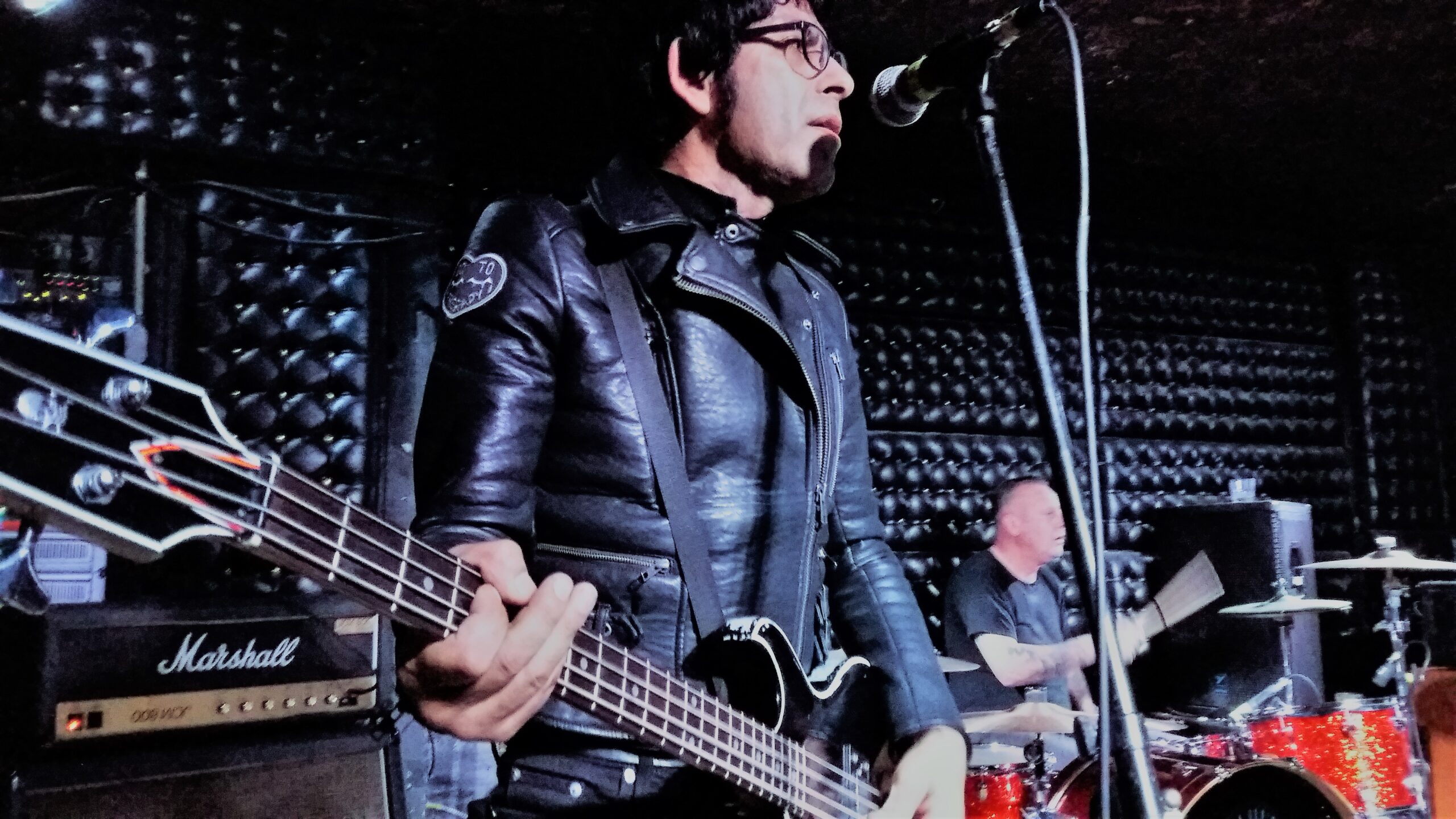
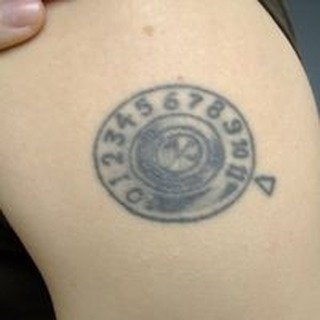
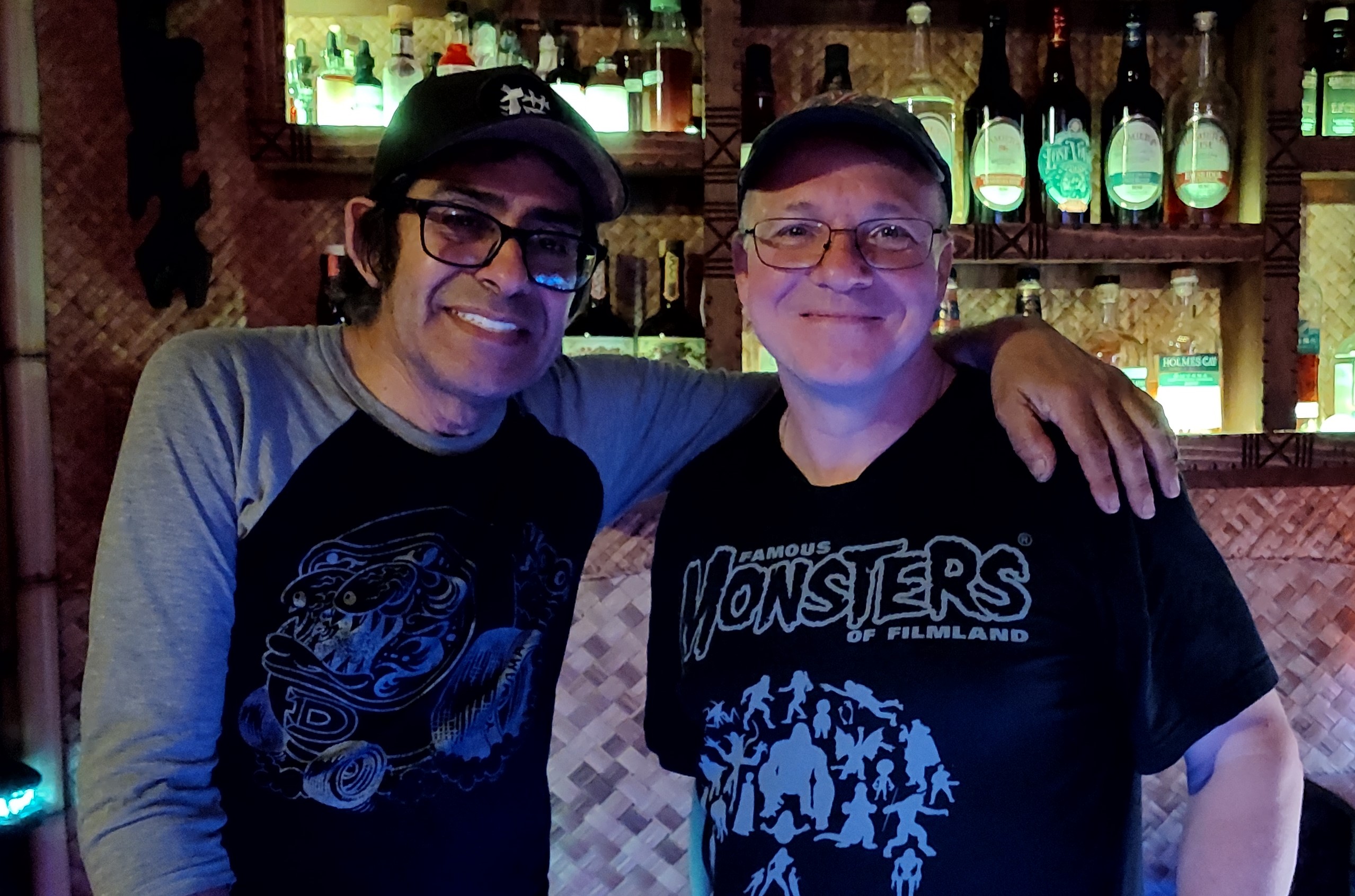
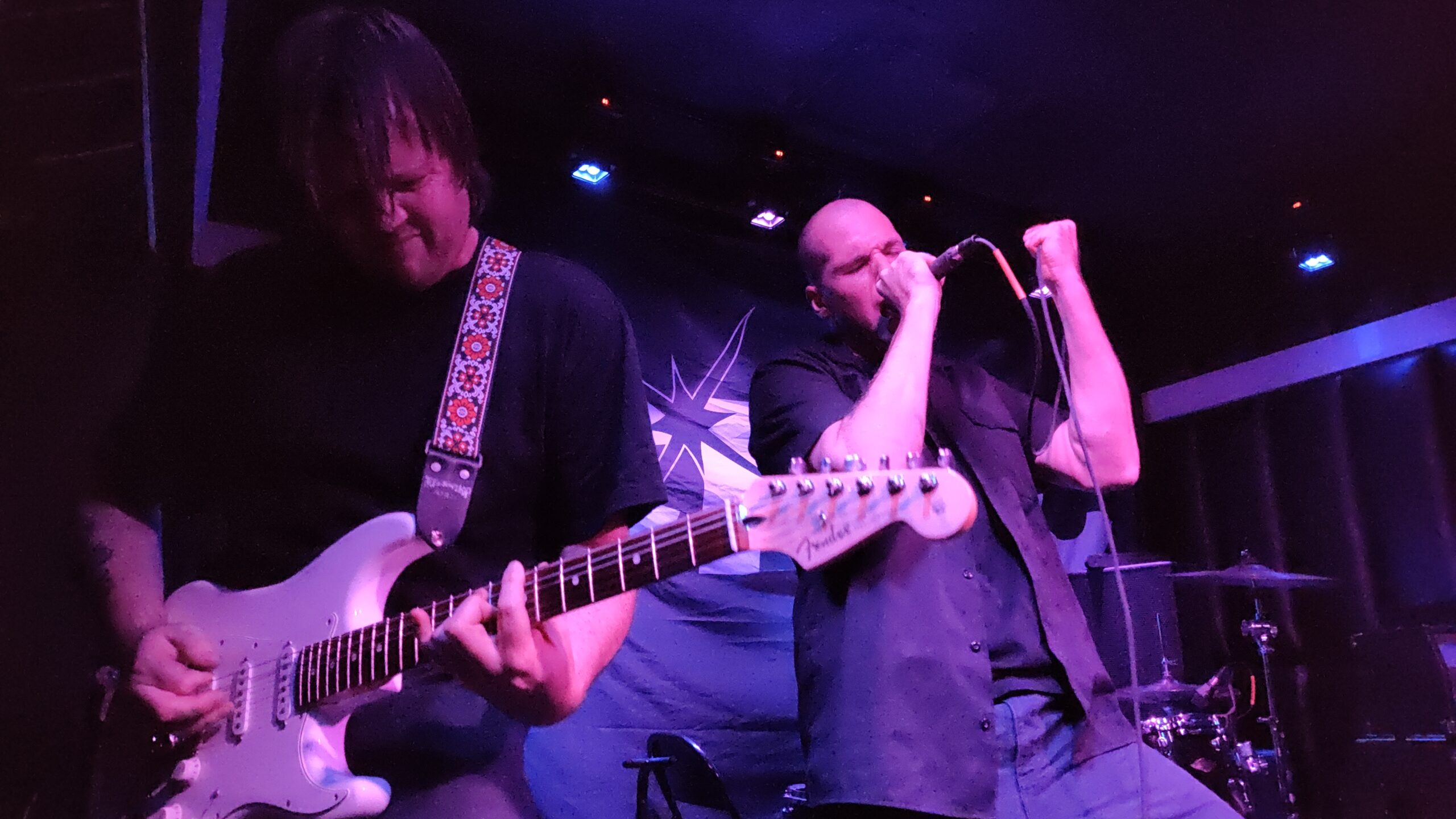
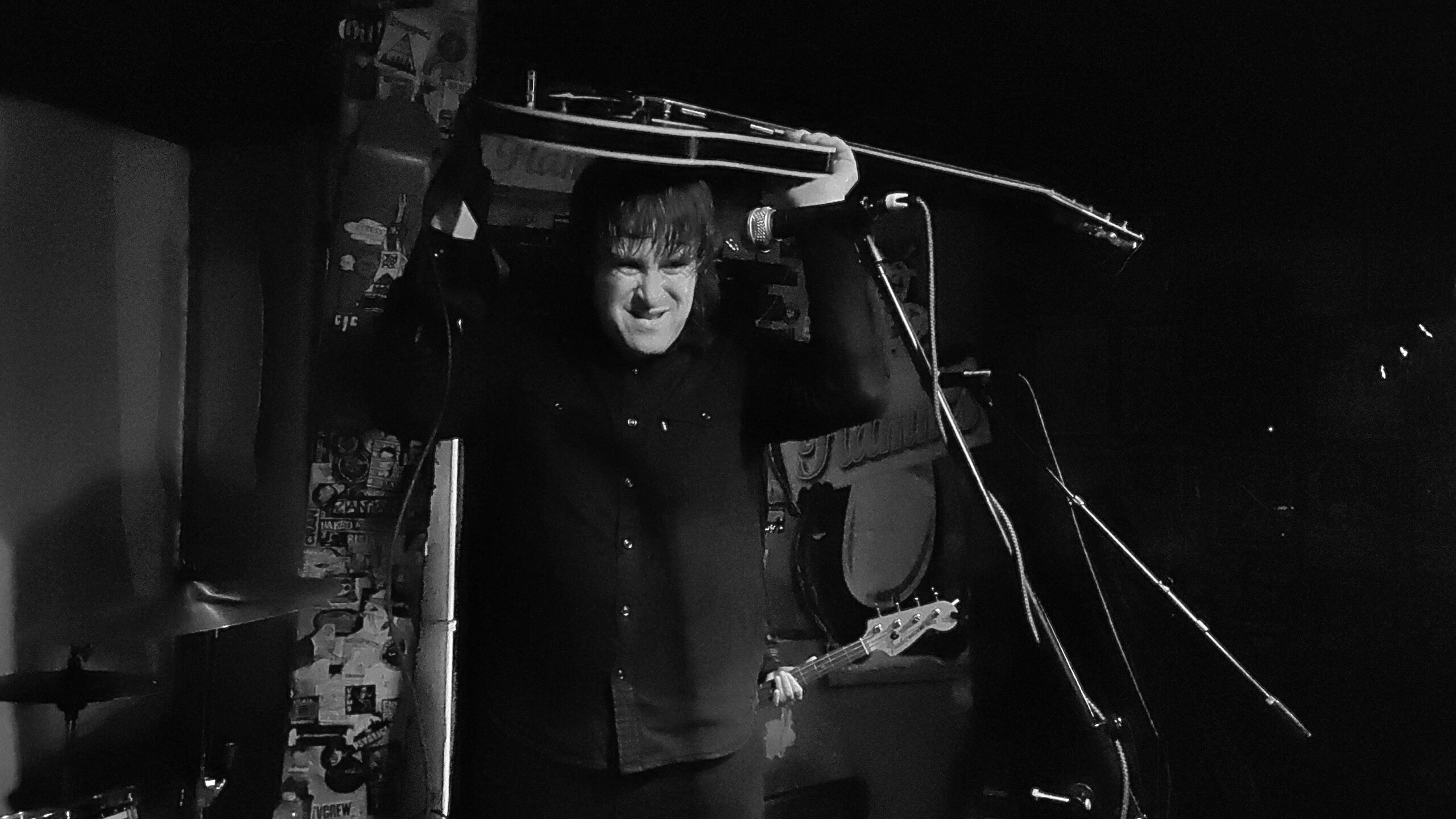
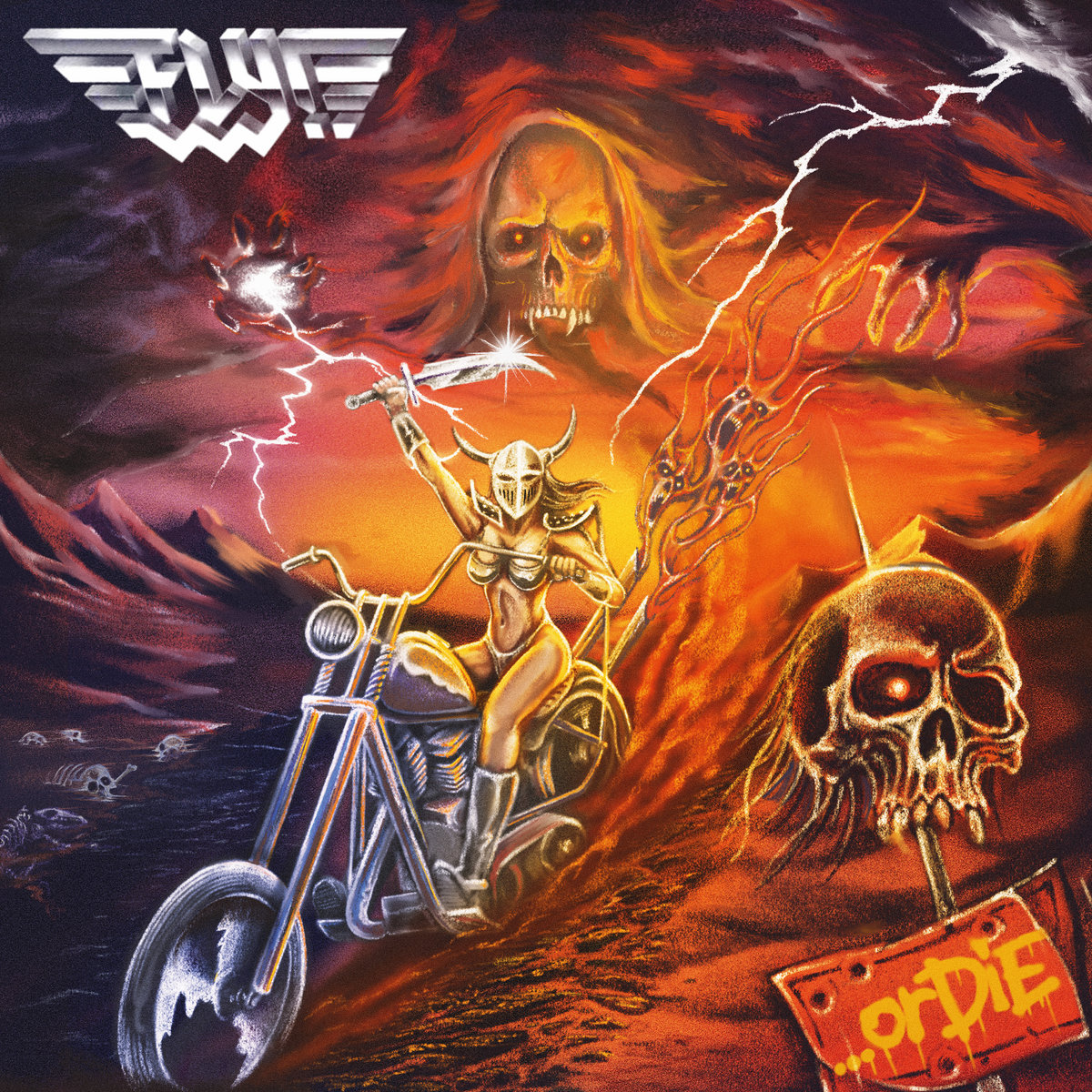
Leave a Reply